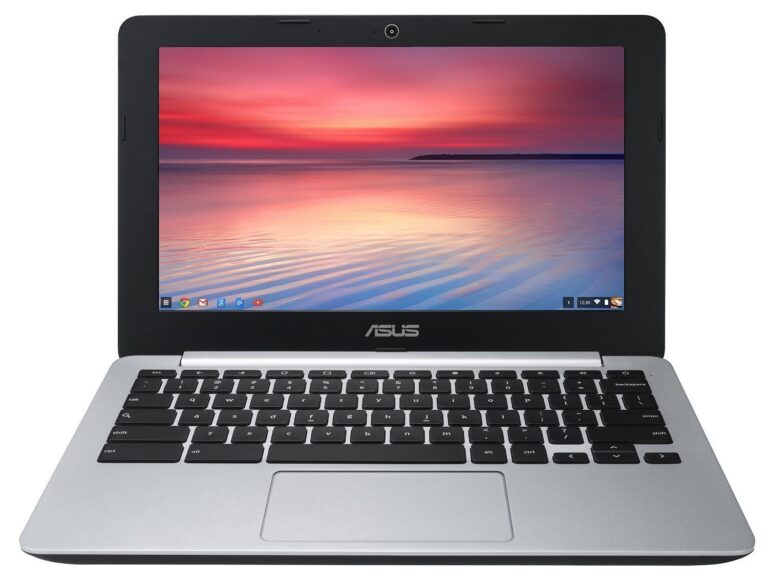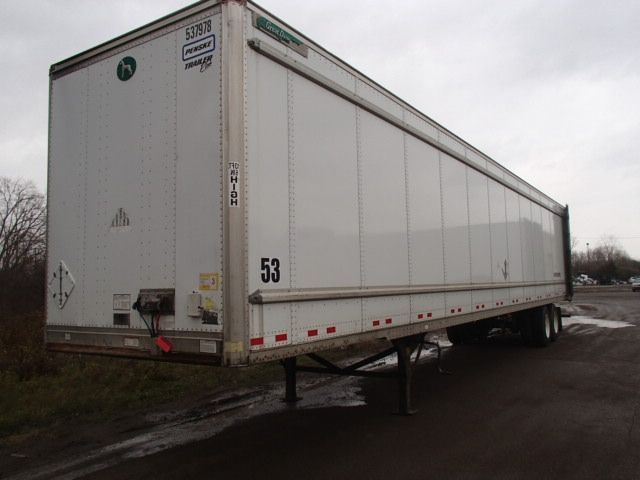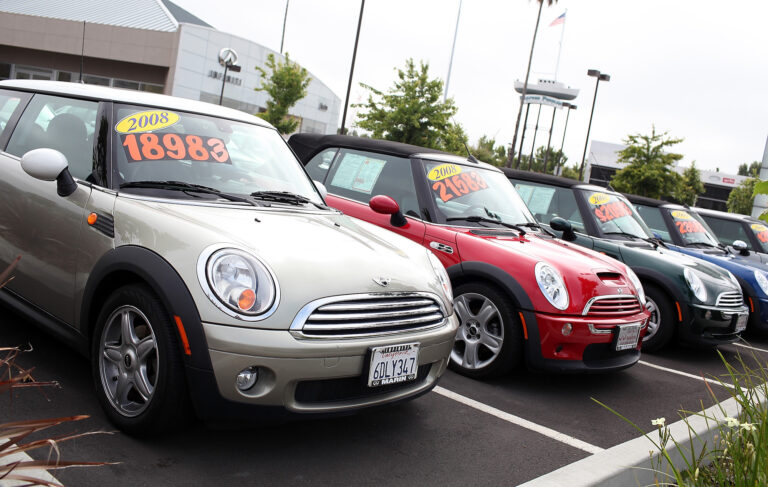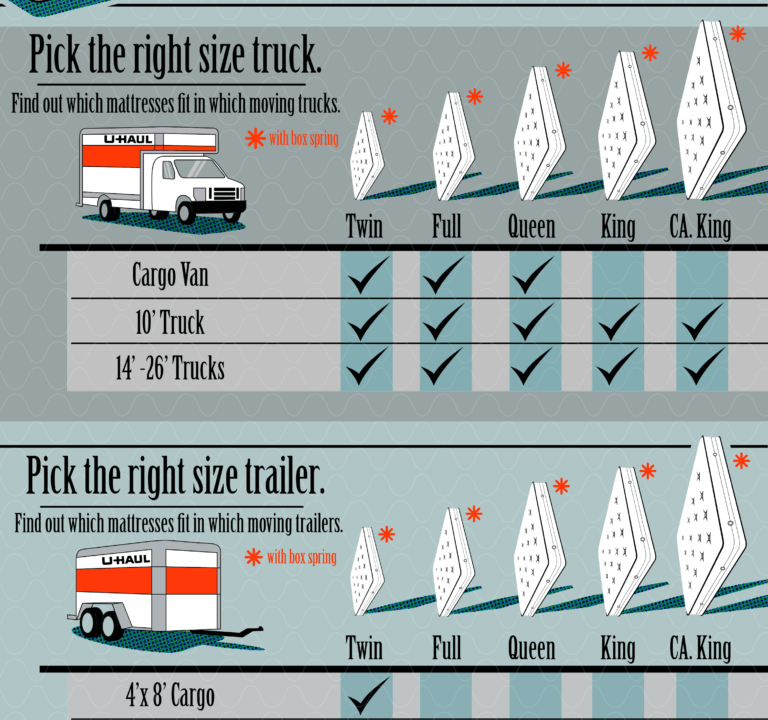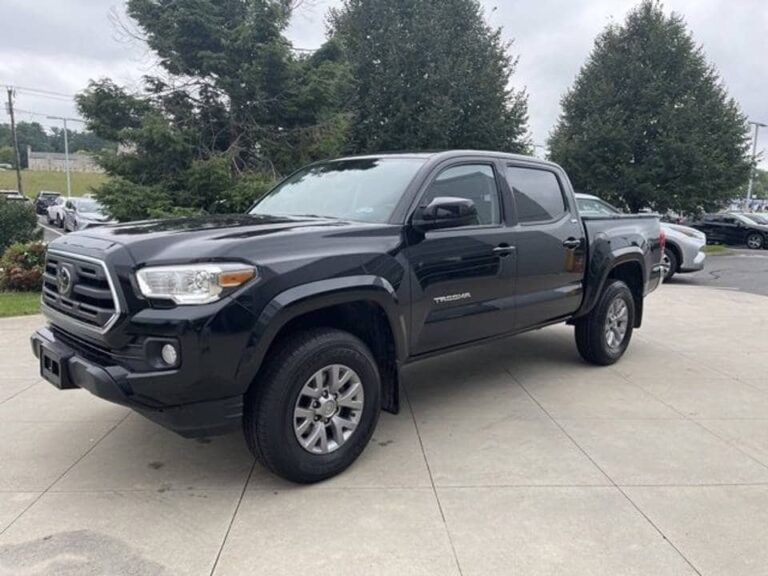What Brands Does Toyota Own: Unpacking the Global Automotive Giant’s Diverse Portfolio
What Brands Does Toyota Own: Unpacking the Global Automotive Giant’s Diverse Portfolio cars.truckstrend.com
When you hear "Toyota," the image that likely springs to mind is one of reliable sedans, efficient hybrids, or rugged SUVs. Toyota Motor Corporation has built an unparalleled reputation for quality, durability, and innovation, making it one of the world’s largest and most successful automakers. However, what many people don’t realize is that Toyota is far more than just its namesake brand. It is a vast, interconnected automotive empire with a diverse portfolio of wholly-owned subsidiaries, majority stakes, and strategic alliances that span the entire spectrum of the mobility industry – from luxury vehicles and commercial trucks to cutting-edge autonomous driving software and industrial machinery.
Understanding the full scope of what brands Toyota owns, or has significant influence over, is crucial for consumers, investors, and industry observers alike. It reveals the company’s multi-faceted strategy for market dominance, technological advancement, and future-proofing in an ever-evolving landscape. This comprehensive guide will delve into the various entities under Toyota’s expansive umbrella, showcasing its strategic vision for present-day automotive excellence and future mobility solutions.
What Brands Does Toyota Own: Unpacking the Global Automotive Giant’s Diverse Portfolio
The Core: Toyota’s Wholly-Owned and Majority-Controlled Brands
At the heart of Toyota’s empire are the brands it either fully owns or holds a controlling majority stake in. These entities are integral to Toyota’s global production, market penetration, and brand diversification strategy.
1. Toyota (The Flagship Brand)
Naturally, the primary brand is Toyota itself. This is the cornerstone of the corporation, encompassing the vast majority of its passenger vehicles, SUVs, trucks, and the pioneering Prius line of hybrids. The Toyota brand is globally synonymous with reliability, fuel efficiency, strong resale value, and a commitment to continuous improvement (Kaizen). Its product lineup is incredibly diverse, catering to a wide range of budgets and needs, from the compact Corolla and popular RAV4 to the rugged Tacoma and luxurious Highlander. The recent push into Battery Electric Vehicles (BEVs) like the bZ4X further illustrates its adaptability and commitment to future technologies.
2. Lexus (The Luxury Arm)
Established in 1989, Lexus was Toyota’s ambitious foray into the premium automotive market. Created specifically to challenge established luxury brands like Mercedes-Benz and BMW, Lexus quickly carved out a reputation for unparalleled refinement, exceptional reliability, serene ride quality, and impeccable customer service. While sharing some underlying platforms and technologies with Toyota models, Lexus vehicles are distinctively styled and engineered for a more upscale experience. From the elegant ES sedan and popular RX SUV to the high-performance LC coupe, Lexus represents the pinnacle of Toyota’s craftsmanship and technological prowess in the luxury segment. It operates as Toyota’s dedicated premium division, fully owned and managed by the parent company.
3. Daihatsu (The Kei Car and Compact Specialist)
Daihatsu Motor Co., Ltd. has a long history, dating back to 1907, and was fully acquired by Toyota in 2016, making it a wholly-owned subsidiary. Daihatsu specializes in smaller vehicles, particularly "kei cars" – a unique category of compact, tax-advantaged vehicles popular in Japan. Beyond its domestic market, Daihatsu plays a crucial role in Toyota’s strategy for emerging markets, producing affordable, compact vehicles tailored to the needs of developing economies across Asia and other regions. Its expertise in lightweight vehicle design and efficient powertrains complements Toyota’s broader product portfolio.
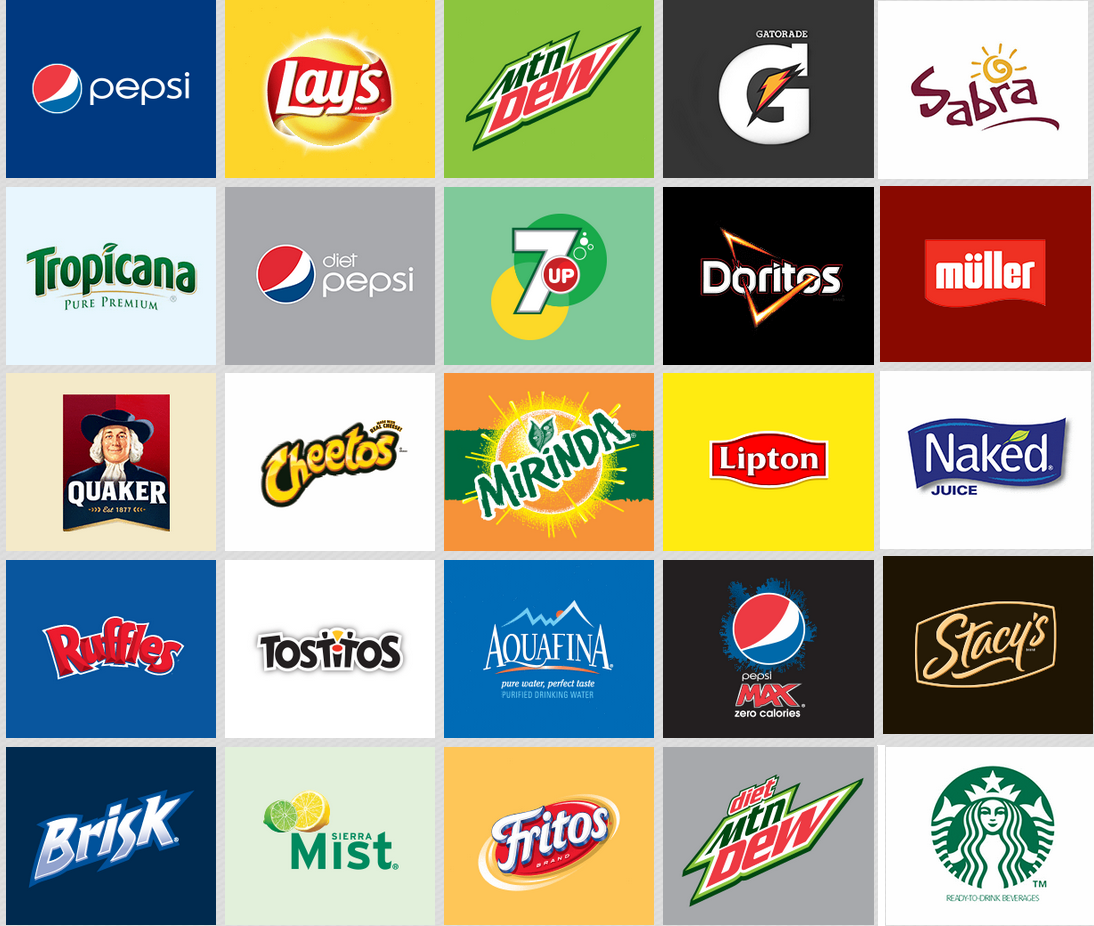
4. Hino Motors (The Commercial Vehicle Powerhouse)
Hino Motors, Ltd. is a leading manufacturer of commercial vehicles, including trucks and buses, and is a majority-owned subsidiary of Toyota. Toyota’s stake in Hino allows it to cover the commercial transport sector, from light-duty delivery trucks to heavy-duty articulated vehicles. Hino also produces diesel engines for a variety of applications, including industrial machinery and marine vessels. This ownership ensures that Toyota has a strong presence in the logistics and public transportation industries, diversifying its revenue streams beyond passenger cars and providing synergy in areas like hydrogen fuel cell technology for heavy-duty applications.
Strategic Alliances and Significant Investments: Beyond Full Ownership
Toyota’s influence extends far beyond its fully owned brands. In today’s complex automotive landscape, strategic partnerships and significant minority stakes are vital for sharing development costs, accessing new technologies, expanding market reach, and mitigating risks.
1. Subaru (A Deep Strategic Alliance)
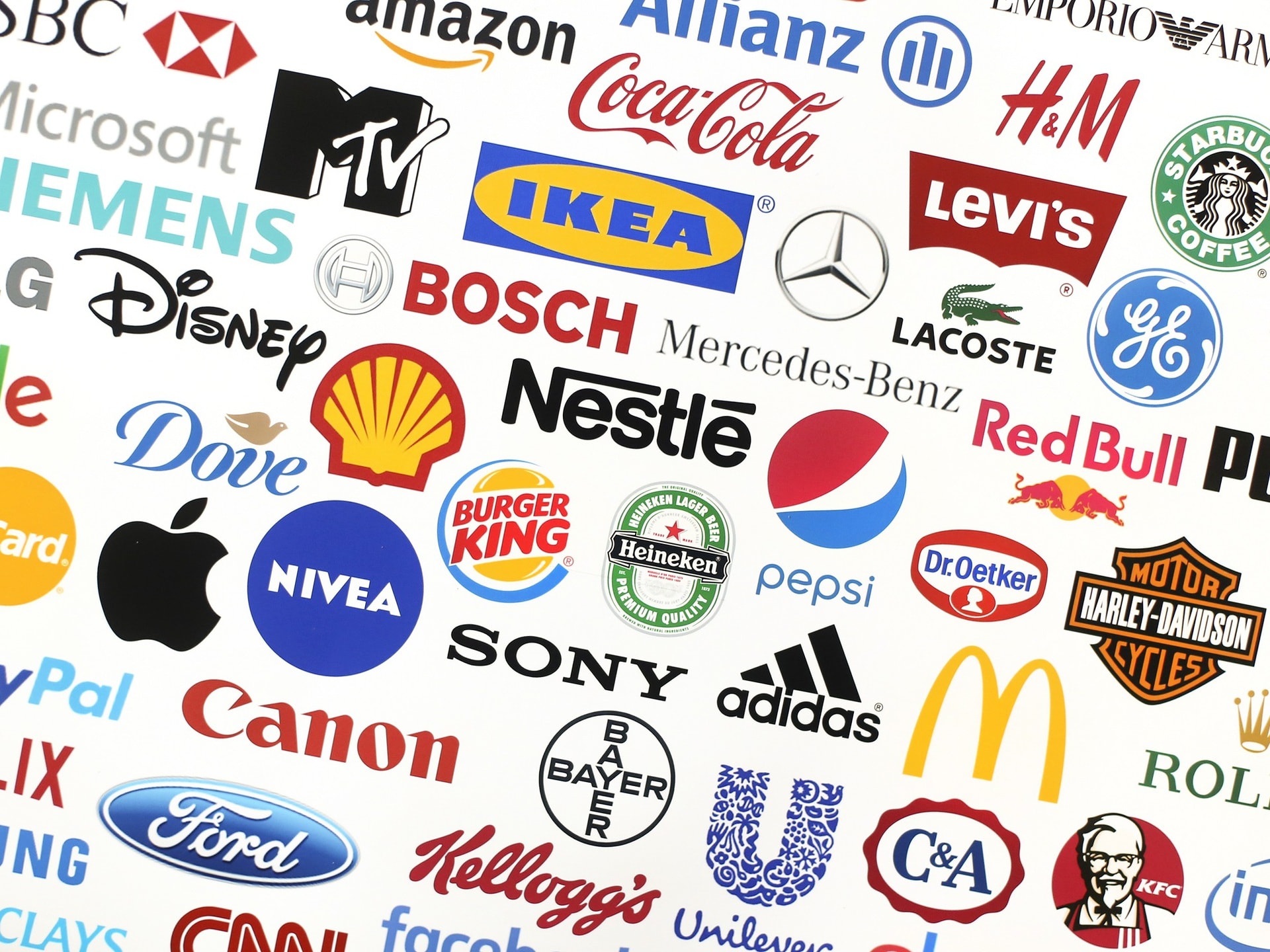
While Toyota does not "own" Subaru outright, it holds a significant minority stake (currently around 20%). This isn’t a controlling share, but it signifies a deep and mutually beneficial strategic alliance. The most famous outcome of this partnership is the joint development of the Toyota GR86 and Subaru BRZ sports cars. Beyond this, the collaboration extends to shared technologies, including all-wheel-drive systems (a Subaru hallmark) and aspects of electrification. This alliance allows both companies to leverage each other’s strengths and share the burden of developing costly new technologies.
2. Mazda (Collaborative Innovation)
Toyota holds a roughly 5% stake in Mazda, signaling another strategic alliance rather than full ownership. This partnership has led to significant collaborative projects, including a joint manufacturing plant in Alabama, USA, where both companies produce vehicles (e.g., Toyota Corolla Cross and Mazda CX-50). The alliance also involves sharing technologies, such as Toyota’s hybrid powertrains and Mazda’s Skyactiv engine technologies, to develop more efficient and environmentally friendly vehicles. This collaboration helps both companies achieve economies of scale and accelerate R&D.
3. Suzuki (Emerging Market Synergy)
In a similar vein to Mazda, Toyota holds a minority stake (just under 5%) in Suzuki Motor Corporation. This alliance primarily focuses on collaboration in emerging markets, particularly India, where Suzuki holds a dominant position. The partnership involves sharing hybrid and EV technologies, as well as cross-badging models to expand product offerings for both brands in specific markets. For Toyota, it provides deeper access to crucial growth markets, while for Suzuki, it offers access to Toyota’s advanced electrification technologies.
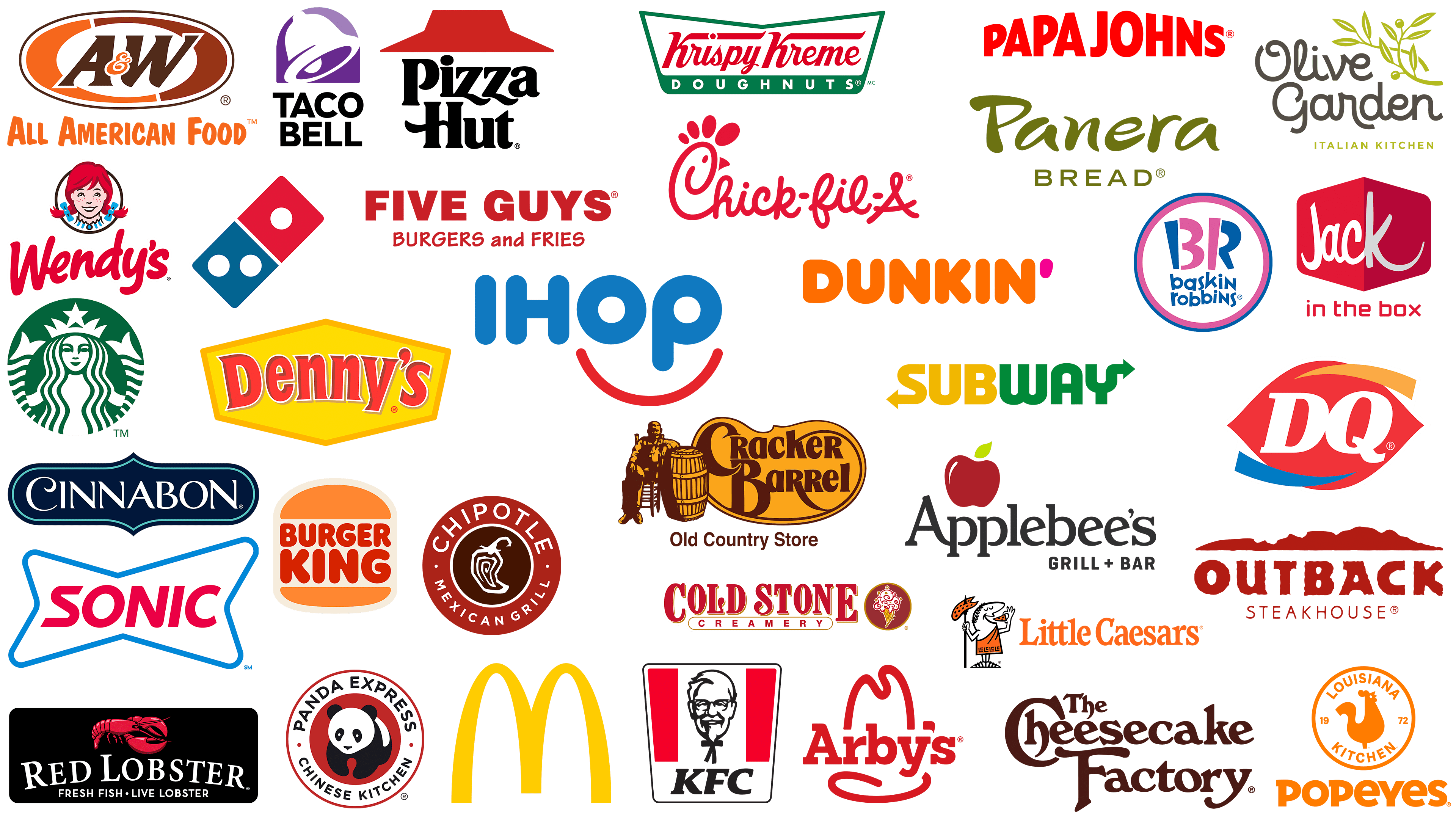
4. Denso and Aisin (Key Component Suppliers)
While not "brands" in the traditional sense of selling cars directly to consumers, Denso Corporation and Aisin Corporation are critical to Toyota’s operations, and Toyota is a major shareholder in both (approximately 24.7% in Denso, 24.9% in Aisin). These companies are among the world’s largest automotive component manufacturers, supplying everything from powertrains and electronics to braking systems and navigation units. Their close relationship with Toyota ensures a stable supply chain, fosters joint research and development, and allows for seamless integration of components into Toyota’s vehicles. They are, in essence, an extension of Toyota’s manufacturing and R&D capabilities.
Pioneering the Future: Mobility Solutions and Emerging Technologies
Toyota’s vision extends beyond traditional car manufacturing. The company is actively investing in and developing next-generation mobility solutions, autonomous driving, artificial intelligence, and connected services.
1. Woven by Toyota (Software and AI Development)
Formerly known as Toyota Research Institute – Advanced Development (TRI-AD), Woven by Toyota is a wholly-owned subsidiary dedicated to developing software, artificial intelligence, and advanced autonomous driving technologies. This entity is at the forefront of Toyota’s transformation into a "mobility company," focusing on projects like the Woven City – a prototype "city of the future" in Japan designed to test autonomous vehicles, robotics, and smart home technologies in a real-world environment. It’s a clear signal of Toyota’s commitment to shaping future urban living and transportation.
2. Toyota Connected (Data and Services)
Toyota Connected North America is another wholly-owned subsidiary focusing on data science, connected vehicle technologies, and mobility services. It leverages big data analytics to enhance the customer experience, improve vehicle performance, and develop new services like predictive maintenance, in-car infotainment, and concierge services. This entity is crucial for Toyota’s strategy to generate revenue from services beyond just vehicle sales.
3. KINTO (Mobility as a Service)
KINTO is Toyota’s dedicated brand for mobility services, offering a range of solutions like car subscriptions, car sharing, and ride-hailing services. This initiative reflects the global shift from traditional car ownership to more flexible and accessible mobility options. KINTO aims to provide a seamless and integrated mobility experience, catering to diverse customer needs without the commitment of full vehicle ownership.
4. J-QuAD DYNAMICS (Autonomous Driving Control Systems)
A joint venture established by Toyota, Denso, Aisin, and Advics, J-QuAD DYNAMICS focuses on developing integrated control systems for autonomous driving. By pooling resources and expertise from these key players in the Toyota group, the venture aims to accelerate the development and deployment of safe and reliable autonomous driving technologies across a wider range of vehicles.
Toyota Industries Corporation (TICO): The Foundation
It’s important to mention Toyota Industries Corporation (TICO), which holds a significant stake in Toyota Motor Corporation. TICO was the original company founded by Sakichi Toyoda (Kiichiro Toyoda’s father) in 1926 to produce automatic looms. Toyota Motor Corporation spun off from TICO in 1937. Today, TICO is a diversified global leader in forklifts, textile machinery, automotive parts (including engines, compressors, and car air-conditioning), and logistics solutions. While separate from Toyota Motor Corporation, their historical and ongoing financial ties are deeply intertwined, representing the broader "Toyota Group" philosophy.
Practical Advice and Actionable Insights
For consumers, understanding Toyota’s brand ecosystem helps in making informed purchasing decisions. If you seek luxury and impeccable service, Lexus is the clear choice. If you prioritize extreme compactness or affordability in certain markets, Daihatsu might be relevant. For performance enthusiasts, the GR sub-brand offers thrilling options. Knowing about the strategic alliances, like with Subaru, explains shared platforms and technologies, influencing your perception of vehicle characteristics.
For investors, Toyota’s diverse brand portfolio and strategic alliances demonstrate a robust and forward-thinking business model. The company isn’t solely reliant on one segment or technology. Its investments in future mobility (Woven by Toyota, KINTO) and its control over critical component suppliers (Denso, Aisin) provide a comprehensive approach to navigating industry shifts, from electrification to autonomous driving. This diversification reduces risk and positions Toyota for sustained long-term growth.
For industry watchers, Toyota’s strategy highlights the increasing interconnectedness of the automotive world. No single company can do it all. Alliances and acquisitions are becoming more critical for sharing the immense R&D costs associated with new technologies and for gaining market access. Toyota’s approach is a masterclass in strategic collaboration and vertical integration, showcasing a holistic view of mobility rather than just vehicle manufacturing.
Summary Table: Toyota’s Brand Portfolio at a Glance
| Brand Name | Primary Relationship to Toyota | Key Focus/Products | Notes |
|---|---|---|---|
| Toyota | Flagship / Parent Company | Passenger cars, SUVs, Trucks, Hybrids, EVs | Core global automotive brand, known for reliability. |
| Lexus | Wholly-Owned Luxury Division | Luxury sedans, SUVs, performance vehicles | Created to compete with premium European brands. |
| Daihatsu | Wholly-Owned Subsidiary | Kei cars, compact vehicles, small SUVs | Specializes in small vehicles, primarily for Japan & emerging markets. |
| Hino Motors | Majority-Owned Subsidiary | Commercial trucks, buses, industrial diesel engines | Toyota’s dedicated commercial vehicle arm. |
| GR (Gazoo Racing) | Performance Sub-Brand | Performance variants of Toyota models, motorsports | Enhances sportiness and driving excitement. |
| Subaru | Strategic Alliance (20% Stake) | Passenger cars, SUVs (AWD focus), sports cars | Joint development (e.g., BRZ/GR86), technology sharing. |
| Mazda | Strategic Alliance (5% Stake) | Passenger cars, SUVs, Skyactiv technology | Joint manufacturing plant in the US, technology exchange. |
| Suzuki | Strategic Alliance (5% Stake) | Compact cars, motorcycles, marine engines | Collaboration on hybrid/EV technology, model sharing in India. |
| Woven by Toyota | Wholly-Owned (Advanced Development) | Software, AI, autonomous driving, smart cities | Focus on future mobility solutions, Woven City project. |
| Toyota Connected | Wholly-Owned (Mobility Services) | Connected car services, data analytics, telematics | Enhancing the in-car digital experience and mobility services. |
| J-QuAD DYNAMICS | Joint Venture (with Denso, Aisin) | Integrated control systems for autonomous driving | Accelerating development of AD/ADAS technologies. |
| KINTO | Wholly-Owned (Mobility Services) | Car subscription, car sharing, mobility services | Toyota’s brand for new forms of vehicle access and usage. |
| Denso | Major Shareholder (24.7% Stake) | Automotive components (electronics, thermal, powertrain) | Key supplier and R&D partner. |
| Aisin | Major Shareholder (24.9% Stake) | Automotive components (transmissions, braking) | Key supplier and R&D partner. |
| Toyota Industries Corp. | Founding Company / Major Shareholder | Forklifts, textile machinery, automotive parts, logistics | Original company from which Toyota Motor Corp. spun off; diverse operations. |
Frequently Asked Questions (FAQ)
Q1: Does Toyota own Lexus?
A1: Yes, Lexus is the wholly-owned luxury vehicle division of Toyota Motor Corporation.
Q2: Does Toyota own Subaru?
A2: No, Toyota does not fully own Subaru. Toyota holds a significant minority stake (around 20%) in Subaru Corporation, representing a strategic alliance for joint development and technology sharing.
Q3: Does Toyota own Mazda?
A3: No, Toyota does not fully own Mazda. Toyota holds a minority stake (around 5%) in Mazda, primarily for strategic collaboration on manufacturing and technology sharing.
Q4: Is Daihatsu part of Toyota?
A4: Yes, Daihatsu Motor Co., Ltd. is a wholly-owned subsidiary of Toyota Motor Corporation, specializing in small vehicles and kei cars.
Q5: What is Gazoo Racing (GR)?
A5: Gazoo Racing (GR) is Toyota’s high-performance and motorsport sub-brand. It develops performance-oriented versions of Toyota vehicles (like the GR Supra, GR Corolla, GR86) and manages Toyota’s racing activities.
Q6: Are Denso and Aisin part of Toyota?
A6: While not wholly-owned subsidiaries, Denso and Aisin are very closely related to Toyota. Toyota holds significant minority stakes in both companies, and they serve as major, critical suppliers of automotive components to Toyota and the broader automotive industry. They are key members of the larger "Toyota Group."
Q7: Why does Toyota have so many alliances and investments instead of full ownership?
A7: Strategic alliances and minority investments allow Toyota to share the immense costs and risks associated with developing new technologies (like EVs and autonomous driving), gain access to specialized expertise (e.g., Subaru’s AWD, Suzuki’s emerging market presence), and expand market reach without the full financial burden and integration challenges of outright acquisitions.
Q8: What is Toyota’s strategy for the future beyond just selling cars?
A8: Toyota is actively transforming into a "mobility company." Its strategy involves significant investments in areas like autonomous driving (Woven by Toyota), connected services (Toyota Connected), new mobility solutions (KINTO), and hydrogen fuel cell technology, aiming to provide a comprehensive range of mobility services and solutions for the future.
Conclusion
Toyota Motor Corporation is a colossal entity whose influence stretches far beyond the familiar Toyota badge. Through a carefully constructed network of wholly-owned subsidiaries, majority stakes, and vital strategic alliances, Toyota has built a robust and diversified portfolio that touches every aspect of the automotive and broader mobility industries. From the luxury of Lexus and the commercial might of Hino to the compact efficiency of Daihatsu and the cutting-edge innovation of Woven by Toyota, the company’s structure reflects a comprehensive vision for present-day market leadership and future-proof adaptability. Understanding "What Brands Does Toyota Own" is not just about knowing names; it’s about appreciating the intricate strategic depth of a true global automotive giant.
